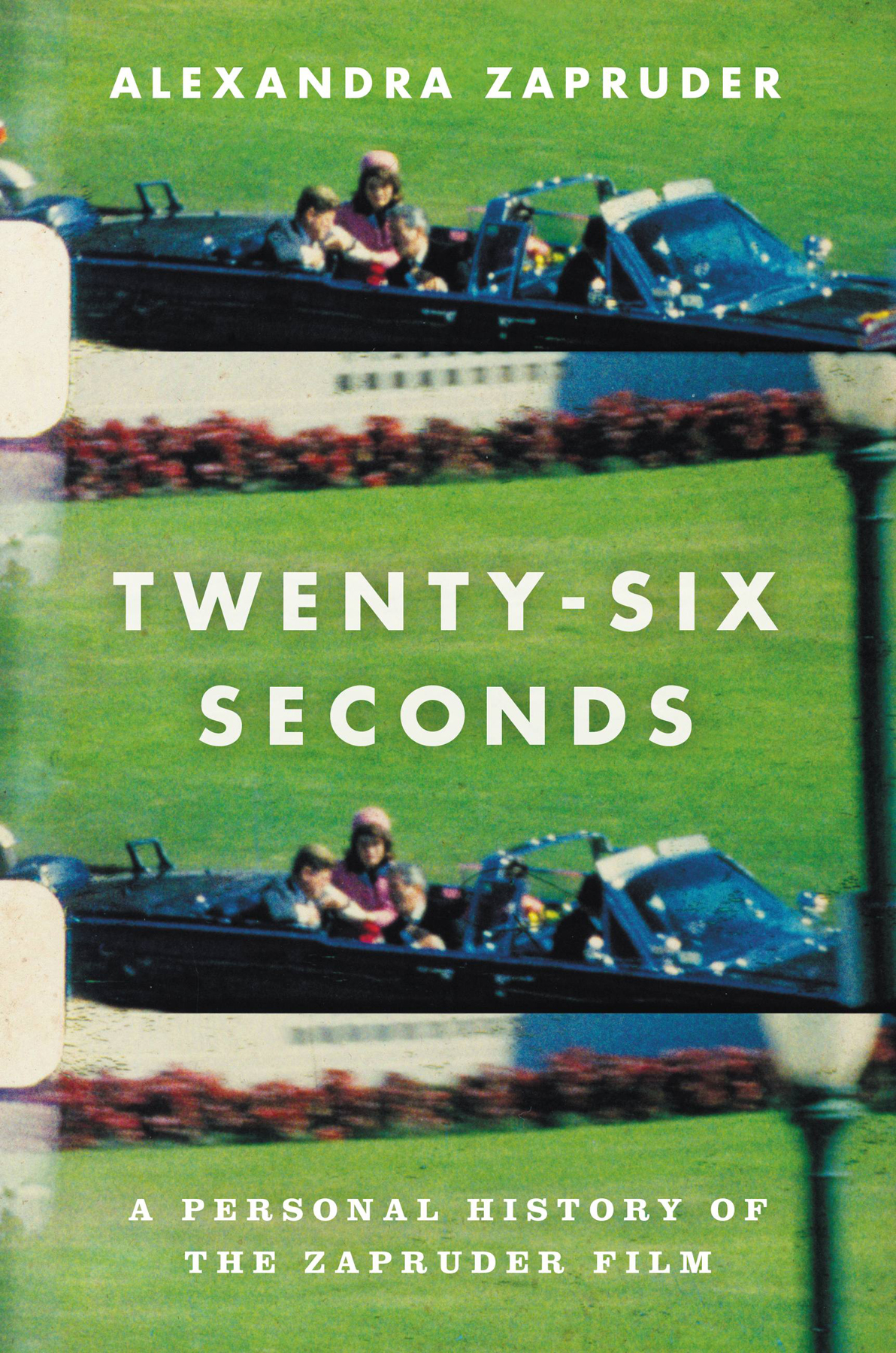
Twenty-Six Seconds
A Personal History of the Zapruder Film
کتاب های مرتبط
- اطلاعات
- نقد و بررسی
- دیدگاه کاربران
نقد و بررسی

Starred review from September 12, 2016
This well-written exploration of conspiracy, propriety, copyright, and public good versus private gain is seen through the prism of the world’s most famous home movie. Sometimes “personal history” is code for lazy research, but Zapruder (Salvaged Pages: Young Writers’ Diaries of the Holocaust) has doggedly followed the tortured life of her grandfather’s short 8 mm film, which captured the moment of President Kennedy’s assassination, through the shock of witness, media frenzy, FBI fumbling, conspiracy theorists, lawsuits, artists, and Oliver Stone. At the center of the story is Abe Zapruder, who died when the author was an infant. An immigrant from Ukraine, Abe eventually found modest success as a dressmaker in Dallas. For him, J.F.K. was the symbol of American promise, so when he sold his film to Life, it was with the understanding that the magazine would safeguard J.F.K.’s dignity—and give Zapruder $150,000 for it. The movie was sold back to the family for $1, 12 years later, when it became too much of a burden for the magazine. And there it stayed until 1993 when the government seized the film, even though it was on loan to the National Archives. What follows is a dispassionate discussion of how much the film is worth. Zapruder doesn’t shy away from the fact that her family made money from the film, but it was the government that decided the “small, depressing, inconclusive, limited spool of celluloid” was worth $16 million, reaffirming its position as a true relic, one of the few in a secular world.

October 15, 2016
Abraham Zapruder's short home movie of President John F. Kennedy's 1963 assassination became the centerpiece for conspiracy theorists and an iconic component of American culture. Here, Abraham's granddaughter Alexandra (Salvaged Pages: Young Writers' Diaries of the Holocaust) tells the complex story of the film's history, originally sold to Life magazine for $150,000 and now housed in the Sixth Floor Museum at Dealey Plaza, property of the U.S. National Archives. The author shines as a memoirist, offering compelling accounts about her grandfather and how the film affected generations of Zapruders. The narrative gets bogged down with descriptions of legal battles over copyright ownership vs. public fair use. However, included are enlightening passages on the film's role in books that express growing public mistrust of the government and its part in such media events as Oliver Stone's controversial 1991 motion picture JFK. VERDICT This work offers fresh insight into Abraham Zapruder, family man, and provides new perspectives of the film's role in assassination debates. See David Wrone's The Zapruder Film and David Lubin's Shooting Kennedy for accounts that place the Zapruder film in historical and cultural context.--Karl Helicher, formerly Upper Merion Twp. Lib., King of Prussia, PA
Copyright 2016 Library Journal, LLC Used with permission.

























دیدگاه کاربران